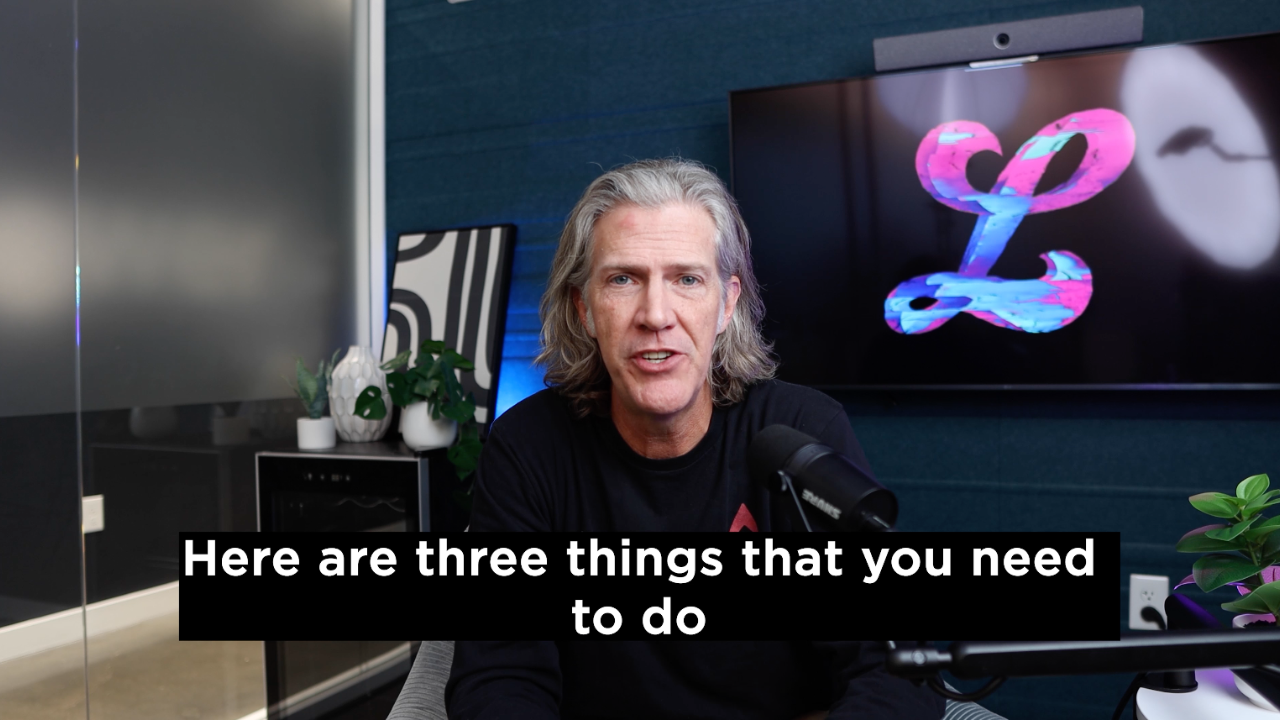Despite the belief that refinancing a home through government mortgage relief programs is a negative experience or is only for financial emergencies, it can actually have many benefits other than simply climbing out of a financial crisis.
In fact, homeowners typically choose to refinance for reasons other than emergencies, like making an upgrade to their homes, sending their kids off to college, paying off high-interest debts, and more.
According to The Wall Street Journal, "U.S. homeowners cashed out $152.7 billion in home equity [in 2020], a 42% increase from 2019 and the most since 2007 — [and not all refinances were used as] a way to cushion themselves against an uncertain economy." While a portion of this was certainly used for emergencies, there were also many homeowners using the money for home projects since they had the extra time at home to dedicate to them.
This goes to show that you don't need Mortgage Relief Programs only for emergencies. They're available to you for all sorts of reasons specific to your personal home needs and desires.
Here's more info on what a Mortgage Relief Program is and five reasons it isn't just for emergencies.
What Is a Mortgage Relief Program?
Also known as a mortgage refinance relief program, MRP's refer to replacing your existing loan with one that has lower monthly payments and lower interest rates than the one before. For almost a decade, the most well-known government program to help homeowners refinance was the Federal Housing Finance Agency's Home Affordable Refinance Program (HARP). HARP was introduced in 2009 and helped millions of homeowners up until 2018.
Fannie Mae and Freddie Mac replaced HARP with new programs — Fannie Mae's High LTV (loan-to-value) Refinance Option, HIRO, and the Freddie Mac Enhanced Relief Refinance, FMERR. Although these programs are only for changing the rate and or term of the loan, not cashing out.
Today, many loan companies are also working hard to provide mortgage relief to homeowners, both in the form of forbearance and refinancing opportunities.
5 Reasons Mortgage Relief Programs Aren't Just for Emergencies
It's true that Mortgage Relief Programs offer an incredible amount of relief to homeowners experiencing difficult times and in need of some emergency funding. However, it's far from the only reason to take advantage.
These are the most common reasons people look to refinancing:
1. Home Improvements, Additions, and Remodels
Making improvements like repairs and replacements, adding on rooms, and remodeling/updating your most valuable asset is arguably the most common reason homeowners look to Mortgage Relief Programs for refinancing. The best thing you can do for your home's value is keep it up-to-date and running smoothly — not only for your own current comfort but for resale purposes when you're ready.
In fact, HGTV reports that even the most minor updates to your bathroom can get you a 102% return at resale, landscaping can get you 100% return at resale, and minor updates to your kitchen can give you as much as a 98.5% return at resale. Mortgage Relief Programs make these updates possible for you.
Who would say no to that?
2. College/Education
Another big reason homeowners choose to refinance their homes is to pay for educational opportunities presented to them to further their career or, more commonly, to get their kids through college without the heavy weight of debt put on their shoulders. How much each homeowner would need to cover those educational expenses depends on how many children, the school they attend, and the additional supplies they may need — but the results are the same. Parents need college paid for, and Mortgage Relief Programs offer those finances at lower rates than other personal loan types.
This has become increasingly more important now that studies like those reported by Business Insider reveal an 8% increase in college costs, with those numbers only rising by the year. They also report that "the average annual tuition for public, four-year colleges for the 2019 to 2020 school year was $10,486 for in-state residents, and $15,873 for out-of-state residents [and] room and board costs added [on average] $11,510 [more] per year."
And let’s keep it real, student loans aren’t fun (trust us, we know).
3. A Reliable Vehicle
Everyone needs reliable transportation to get to places they need to be, especially if it is work, grocery stores, pharmacies, etc. The most common form of transportation is vehicles, and believe it or not, there are still many people without a reliable one in their name. This is where Mortgage Relief Programs become a helpful form of funding for many homeowners.
It can help them use their home's equity to purchase a reliable car for themselves or one or more of their children (depending on their refinancing amount and options).
4. Pay Off Debts
Paying off debts is another big reason homeowners look to refinancing. While their debt is likely due to auto loans and credit card debt, refinancing allows homeowners to consolidate their debt into a single monthly payment — paying it off through their mortgage instead since interest rates are lower and more affordable.
This is huge since research reported by CNBC has found that at least "47% of Americans are in credit card debt [and] 40% of Americans can't pay more than the minimum."
Yikes.
5. Take Care of Medical Expenses
Finally, many homeowners also look to Mortgage Relief Programs to help them take care of medical expenses that are piling up. Medical bills can become overwhelming, typically piling up in separate bills and even commonly billed from different senders. This can make for a more chaotic experience, trying to keep up with everyone and every bill.
Refinancing allows you to consolidate all those medical expenses into one monthly mortgage payment, keeping your interest rate low by using your mortgage over other personal loan options. It also ensures everything is paid off by eliminating the chaos of trying to keep up every month.
Or accidentally forgetting to pay and ending up paying more in fees!
Learn More About The RefiNow Program
At Lower, RefiNow offers homeowners the chance to tap into their savings for more than just emergencies. You can benefit from more improved finances overall or gain more flexibility for future spending (or real estate investments).
Either way, refinancing your home with RefiNow is a viable option for reasons specific to your circumstances, helping homeowners cut at least .5% off their interest rate and benefit from an extra $100 to $250 a month to put towards your goals.

















.svg)
.svg)

.svg)















